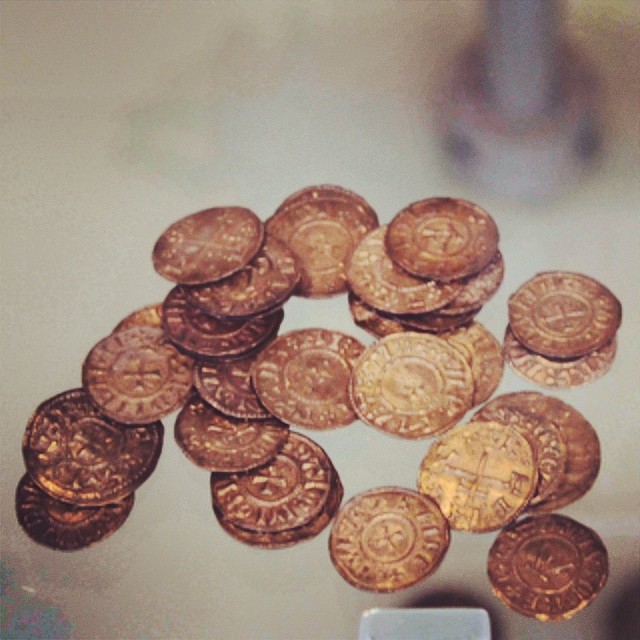Mind your language!

This month at the IoF West Midlands conference, Liz Loudon brought a useful reminder of the importance of effective language in fundraising. In an excellent presentation, she gave valuable tips on making an impact with appeal writing.
What rang most true for me was her observation of the power of Anglo Saxon words (and I don’t mean bad language!), compared with terms derived from French and Latin. In other words, when writing fundraising copy for individuals, we need consciously to write in Germanic English, not Romance terms, as these connect better with our readers.
Nearly 20 years ago, a fascinating piece in Direct Marketing magazine covered exactly this topic, which has stayed with me to this day. For non-linguists, the story goes like this. Before the Norman invasion, most inhabitants of these isles spoke a form of English, heavily influenced by the Saxon and Viking invasions of the preceding centuries. In an age where few could write, everyday language was dominated by short, direct words and phrases, many of which survive fairly intact in modern English (e.g. words like look, now, free, see, say, gift or good).
Advertisement
Then in 1066 came the Normans, who imposed Norman French as the language of court and used Latin as the medium of education. However, ordinary folk (another Germanic word!) continued to use Anglo Saxon at home.
Over the following centuries, French and Latin terms gradually entered the language, effectively over-laying the native tongue with a new set of vocabulary, which also survives today, giving the resulting language a richer vocabulary. These words tend to be longer and more elevated (e.g. regard, donation, observation, excellent etc).
In practice – and this is the key point – we tend to use Germanic derivatives for every day speech and Romance words for higher, written forms. All of us use these different registers, as they are called, in relevant circumstances. So when speaking to family or friends, we tend to use Germanic terms and when writing academic copy, we often adopt Romance phrases.
The central issue is that in fundraising copy we need to connect directly with our readers and to do this effectively we should use more Germanic language and less Romance. If you are running a direct mail programme, you can test this by writing two versions of an appeal and seeing which pulls best. My money would be on the Germanic every time.
For any fundraiser out there interested in etymology or historical linguistics, this is still an under-researched subject and would make a fascinating PHD topic.
Photo: Cuerdale Hoard on flickr.com
**************************************************************************************************************
Simon George is a Director of Wootton George Consulting and a Fellow of the Institute of Fundraising. He has worked in fundraising since 1987 and was the founder of the IoF’s Trusts Special Interest Group. Today he works with a wide range of charities in a consultancy capacity. www.wgconsulting.co.uk si***@wg**********.uk Tel 01785 663600.



